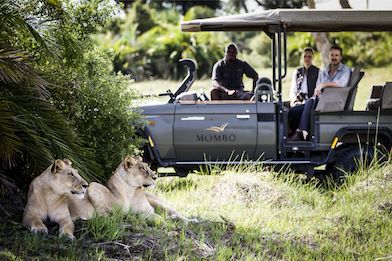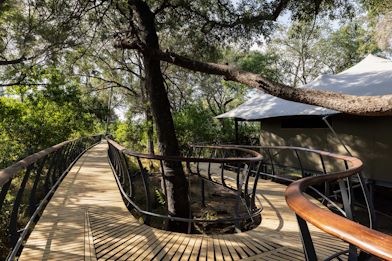Of all my safari memories, these prevail: seeing the massive Zambezi River for the first time, then canoeing its waters with hippos popping to the surface and crocs lurking beneath, and lingering in the groves of riverfront albida trees swathed in golden light, nibbled by elephants on tiptoe.
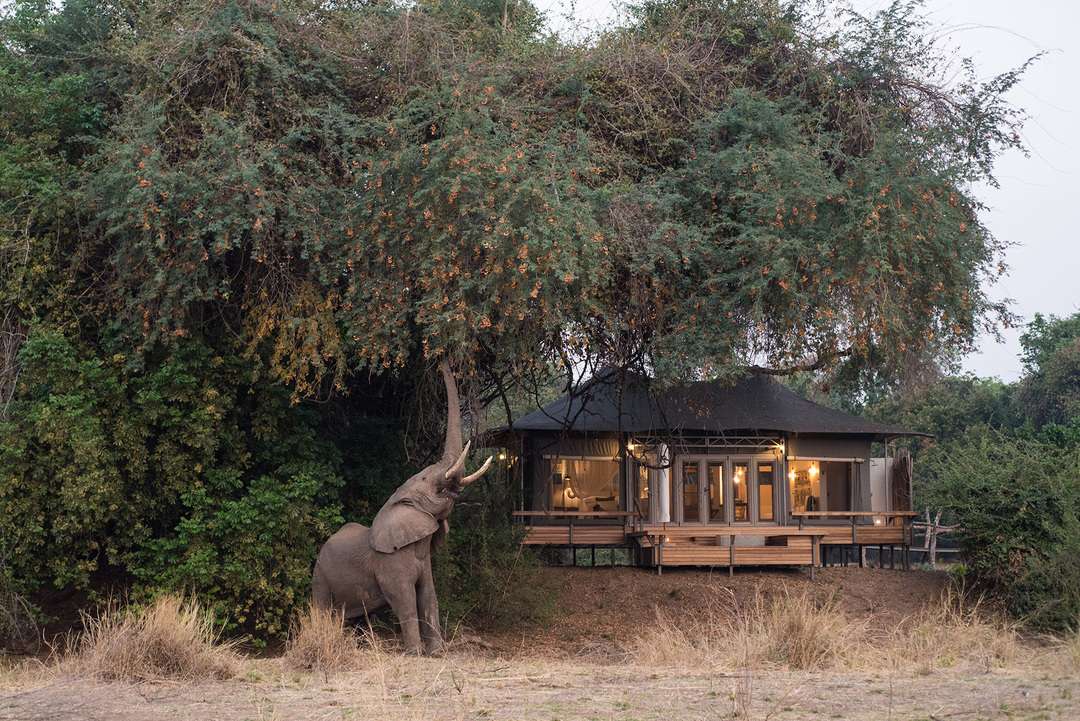
This is Mana Pools National Park, a UNESCO World Heritage Site and home to Wilderness Safaris Chikwenya Camp. A sanctuary nestled under an albida canopy along the river, where for just seven months a year, before floodwaters make it inaccessible, magic happens.
Just as it lured explorers more than a century ago – David Livingstone among them – the Zambezi beckons. It’s hard to take your eyes from the river, which pulls you towards its shores for game drives or nature walks, onto its slow-moving waters or sandbars mid-river for sundowners. There is nothing quite as sublime as a herd of elephant crossing a river channel at sunset.
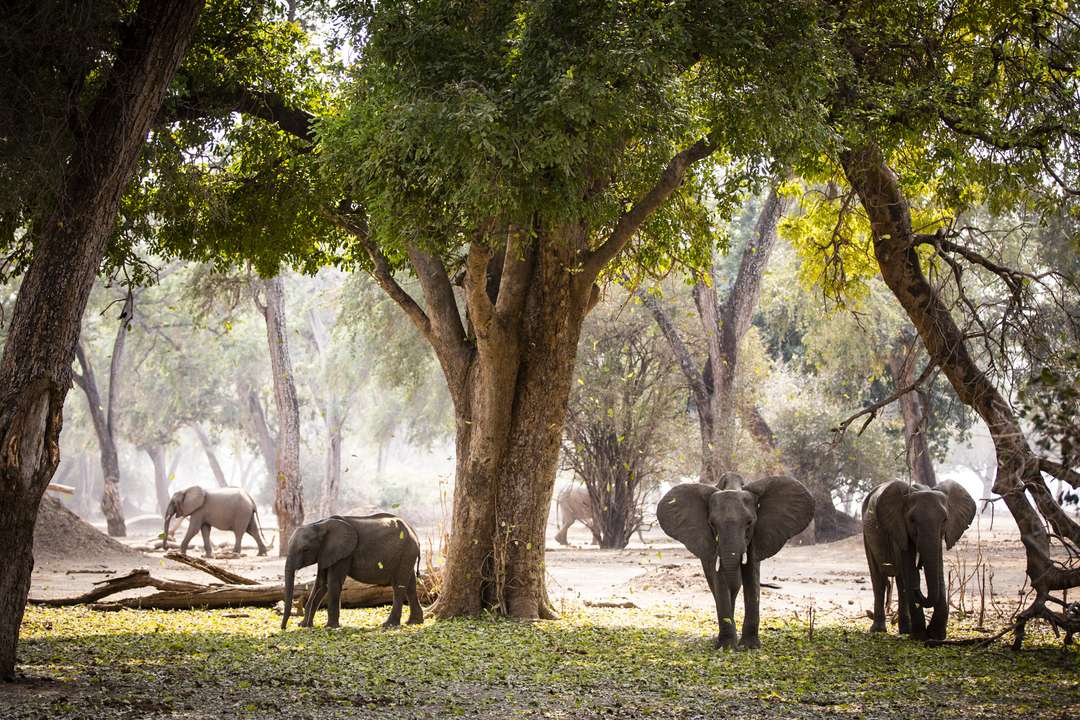
Legends and lore abound, river gods inhabit the landscape, and an ancient, beloved ruler – Chikwenya – lies buried beneath a baobab nearby.
We spoke to Kerry Macmillan, Chikwenya assistant manager; guide Gadrek Nyamhondoro; and Graham Simmonds, Zambezi Travel Shop Manager, about the wonders of Chikwenya…
Book your journey to Chikwenya now
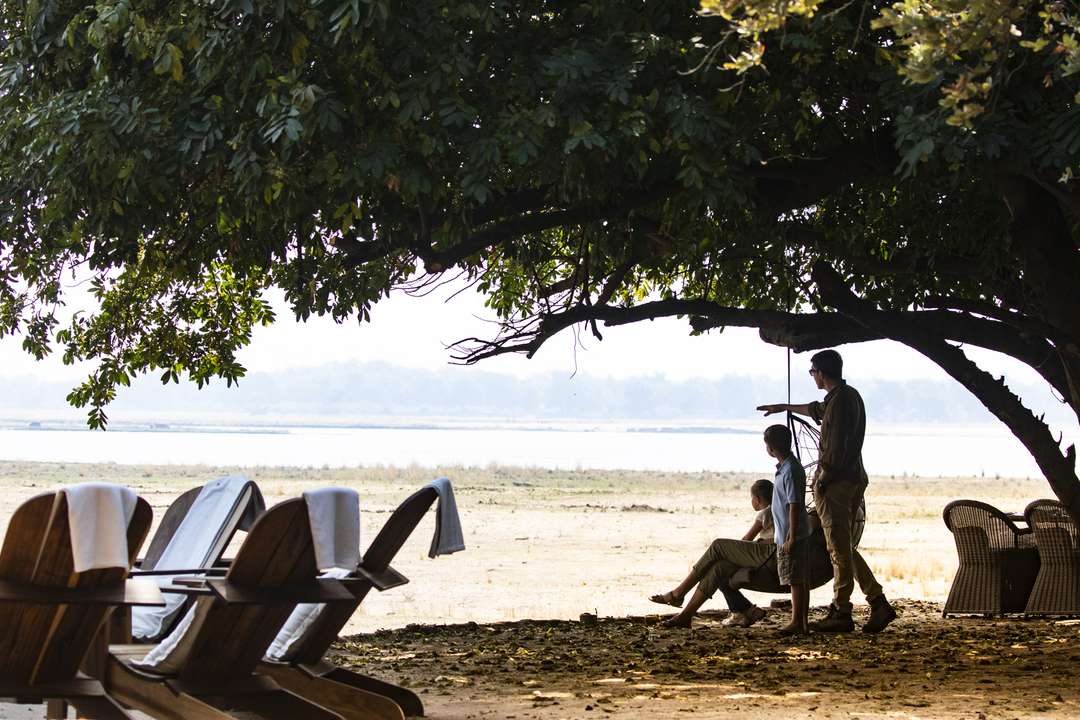
What Makes Chikwenya Special?
(Graham) Chikwenya is soulful. It’s a tranquil place for the mind with its easy views of the Zambian escarpment, and mottled shade through the canopy of trees around camp full of ever-present birds. Yet there is always the anticipation of action, knowing that the wilds are still a dangerous place – a large elephant, pride of lions, treed leopard or giant croc could be around the next corner. It’s a natural danger, a danger we appreciate that makes us feel small yet privileged, compared to the dangers in cities and the busier world around us.
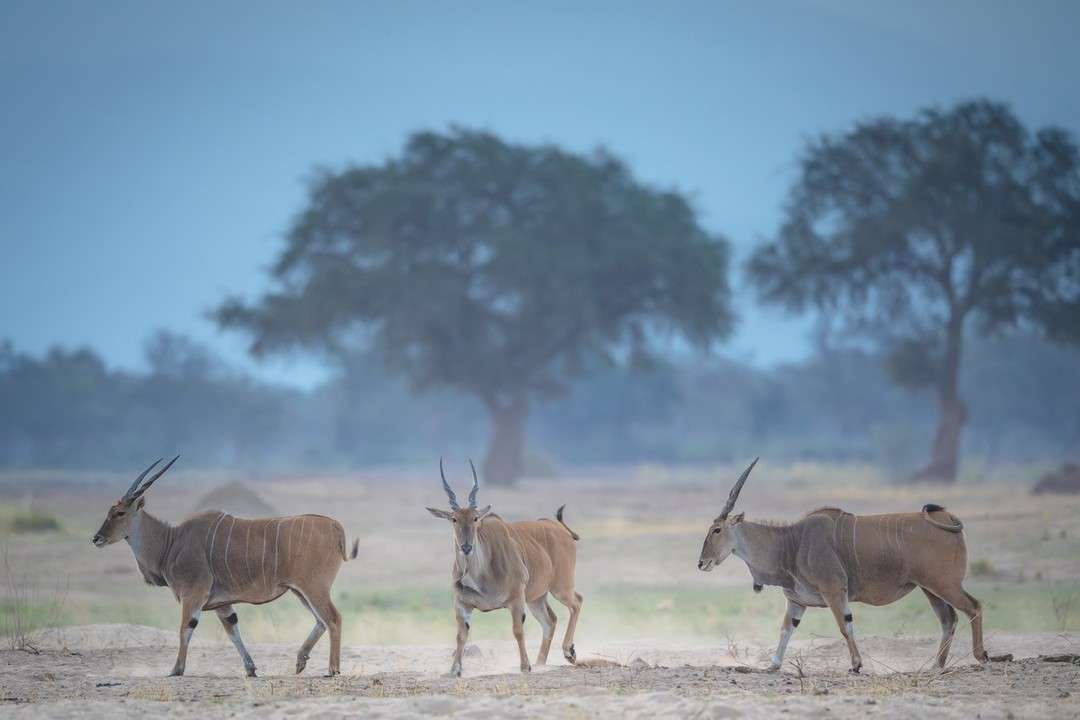
(Gadreck) The magnificent view of the Zambezi River in front of camp, the albida forest, the baobabs, the lovely sunsets. I would say the highlights for guests are mainly the delicious food; animal sightings in and around camp, especially a resident eland bull and hippos that graze in front of camp at night; and clear skies for stargazing.
(Kerry) Chikwenya is special for its variety of landscapes, from the open floodplain in front of camp to the majestic Zambezi River less than 100m from your room, as well as the canopy of albida trees throughout the concession. There is something for everyone to enjoy, whether it’s a guided nature walk, a relaxed cruise down the quiet channels of Chikwenya Island, fighting a tiger fish on the end of a line, or being one with the river as you canoe downstream.
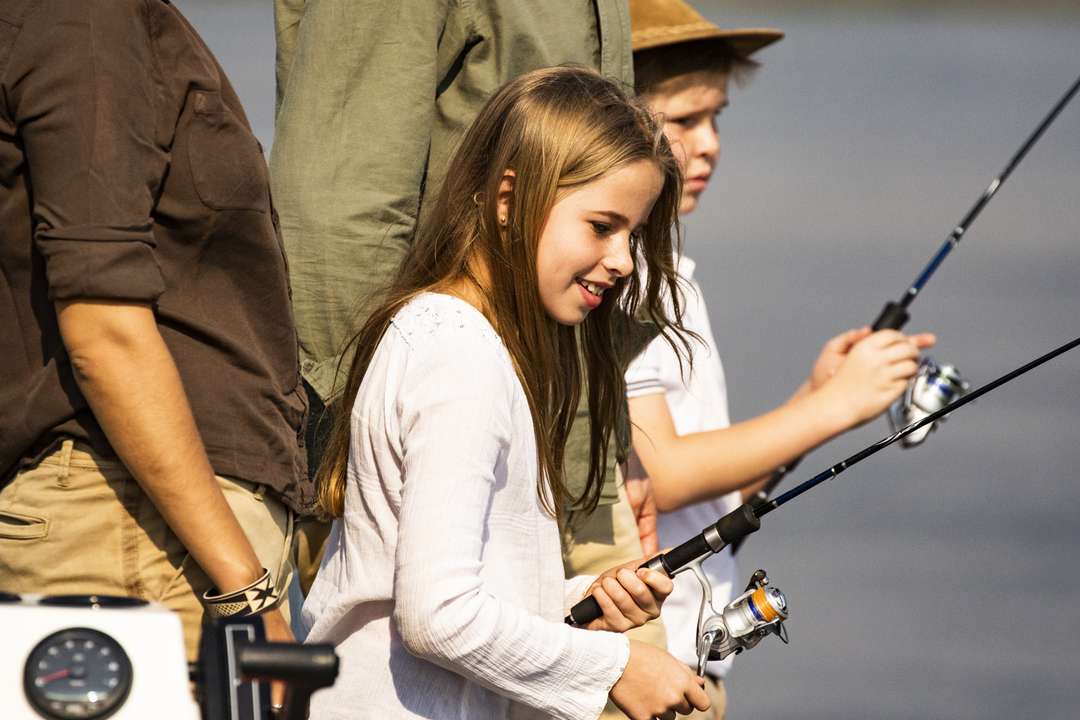
What do YOU Love Most about Chikwenya?
(Kerry) The peacefulness. In the stillness of the bush you can hear an array of birds chirping their morning song. I love the character and passion of the people who make Chikwenya great. Big smiles and happy tunes can be regularly seen and heard throughout camp.
(Graham) The views, the feels…it’s a 360-degree sensory overload of beauty. The warmth in the air, the sounds….all your senses are piqued.
(Gadreck) The lovely scenery and wildlife.
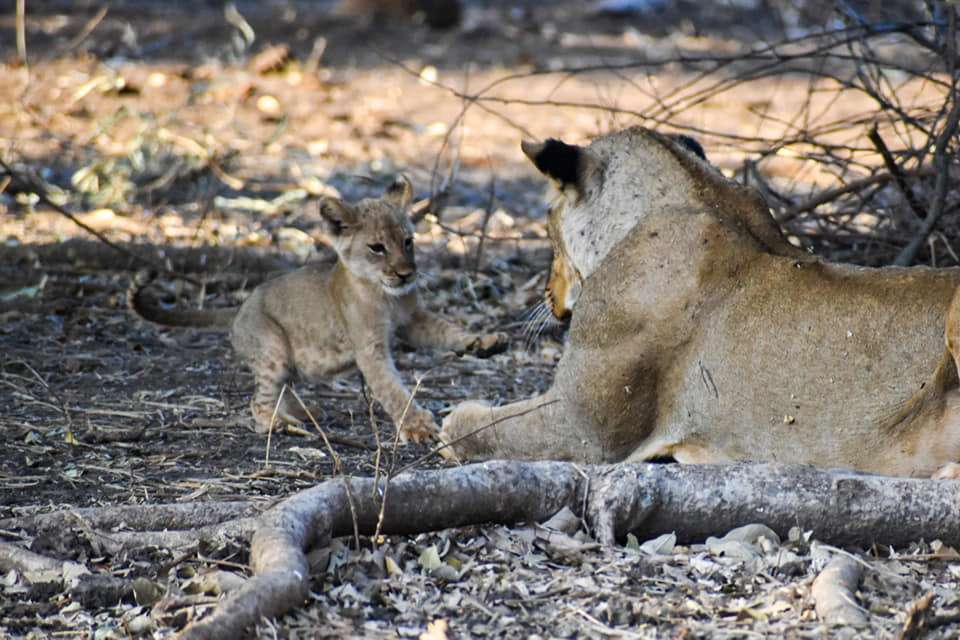
What is the Wildlife at Chikwenya Like?
(Gadreck) At Chikwenya there are many opportunities for seeing predators such as lions, leopards, wild dogs, and hyaenas. Sometimes these predators walk through camp. The best part is hearing lions calling through the night.
An interesting part of nature here is the albida forests, which provide many rich nutrients for the local elephants. They have adapted and learned how to stand on their back legs in order to reach and pull down the highest branches on the trees. Boswell and Fredstar, two of Mana Pools’ iconic elephant bulls, are able to stand on their back legs and other bulls are learning to do the same.
(Kerry) On many occasions the action of the bush comes right to your doorstep in camp. I’ve had the privilege of watching wild dogs walk within metres of the rooms as they trot home after a hunt. Lions are a pleasure to watch, and we have had two females chase and kill baboons between rooms or in the dry Sapi riverbed.
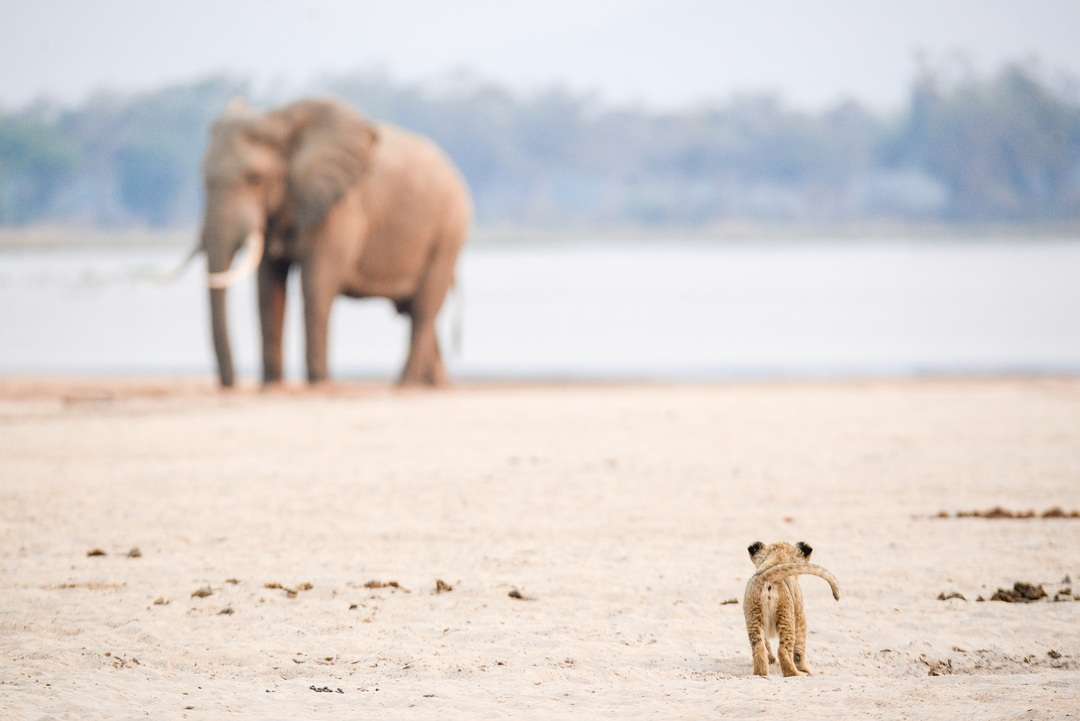
One afternoon I was checking the airstrip and saw two female lionesses step out of the bush to the right of my vehicle. I could see impala grazing down the other end of the airstrip and stopped the car to watch in anticipation. Another female stepped out and the three watched the impala from a distance. One lioness moved off and lay in the shadows of a tree, while the other plopped down in the grass. There was no movement or action for thirty minutes, until in a flurry of dust, the impala herd came running straight for the lionesses. Unbeknownst to both me and the impalas, a fourth lioness had come from behind the herd and chased then up toward the waiting trio. To see the stealth and power of the lionesses as they lowered themselves to the ground in wait was something to behold. The impala got within two metres of the hidden lionesses before they spotted them, taking off in all directions with the lionesses in pursuit through the thick bush. I waited some minutes as I could hear commotion in the thicket. One by one all four lionesses emerged, tired and unsuccessful. It was fascinating to see how the lionesses rallied and comforted each other in their missed attempt. We had not seen four lionesses together before, so it was great to experience and encouraging for the area.
What Are Some of the Key Bird Species that Guests Can Expect to See?
(Gadreck) We have summer visitors and winter visitors in the area, but the birds that can be seen throughout the season are southern ground hornbills; vultures; storks; kingfishers; tawny eagles; fish-eagles; and bee-eaters.
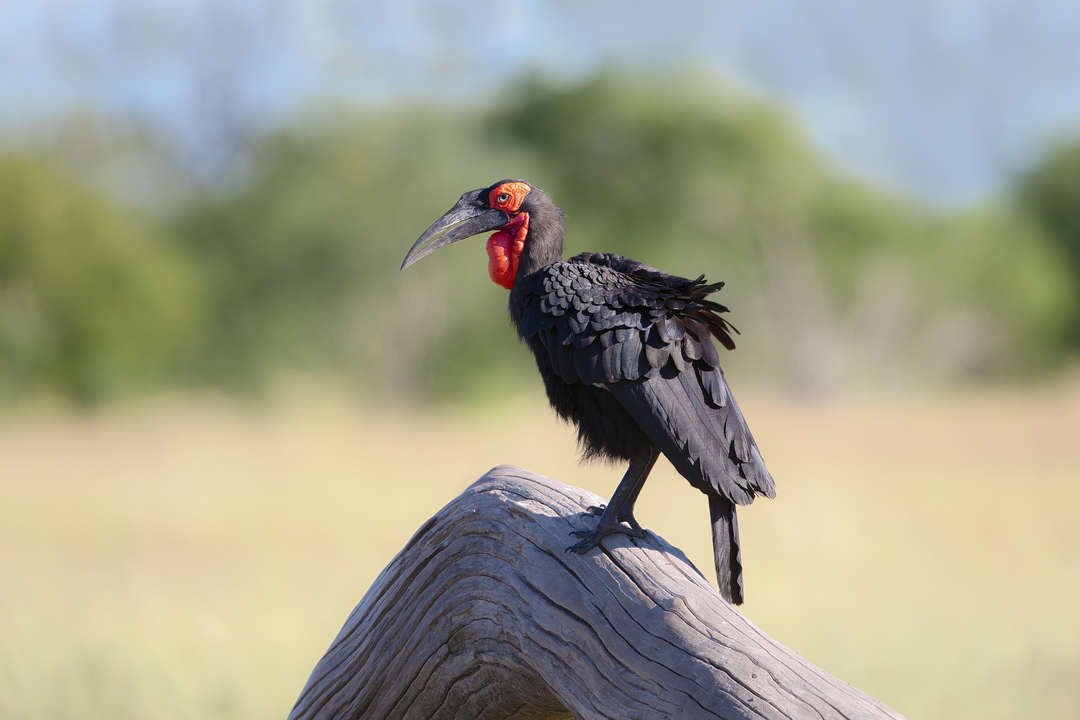
(Kerry) There’s a vast array of bird species here, including birds of prey such as the African fish-eagle; bateleur eagle; black-chested snake eagle; and martial eagle. Then there’s the vibrantly coloured lilac-breasted rollers; Meyer’s parrots; white-fronted bee-eaters; and carmine bee-eaters. We have a variety of storks, including the saddle-billed, the woolly-necked, and the open-billed. There are many more birds living in the bush around the rooms and main area of camp. You may well share your morning toast with one of the yellow-bellied bulbuls that frequent the breakfast table.
How Does the Chikwenya Experience Compare With That of Other Wilderness Safaris Camps in Zimbabwe?
(Kerry) Chikwenya is unique in that it offers a view of the ever-flowing Zambezi River, which lends itself favourably to an abundance of animals throughout the year. Chikwenya pairs well with any of our Hwange camps as it offers a contrast not only in landscape but in wildlife demographic.
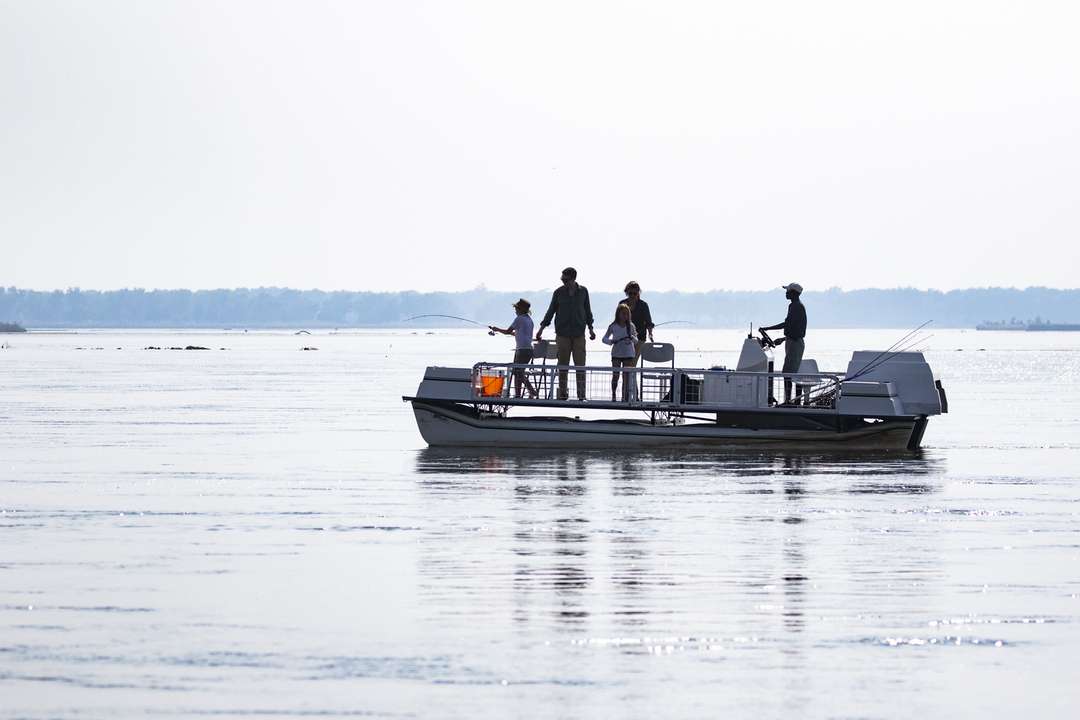
What’s Your Favourite Time of Day at Chikwenya and Why?
(Kerry) My favourite time of day is late afternoon, early evening. The sky turns a rich orange color and as the sun sets over the Zambezi, bursts of light shine from behind the mountains. The river mirrors the colours of the sky.
(Graham) I like late afternoons – an amazing day has been had. The weather cools a bit – jump in the pool or have a shower and settle in whilst the sun sets and the day’s stories come out, with the promise of an even better day tomorrow.
(Gadreck) Also late afternoons, when the different animals come to drink along the river and there’s a magnificent sunset.
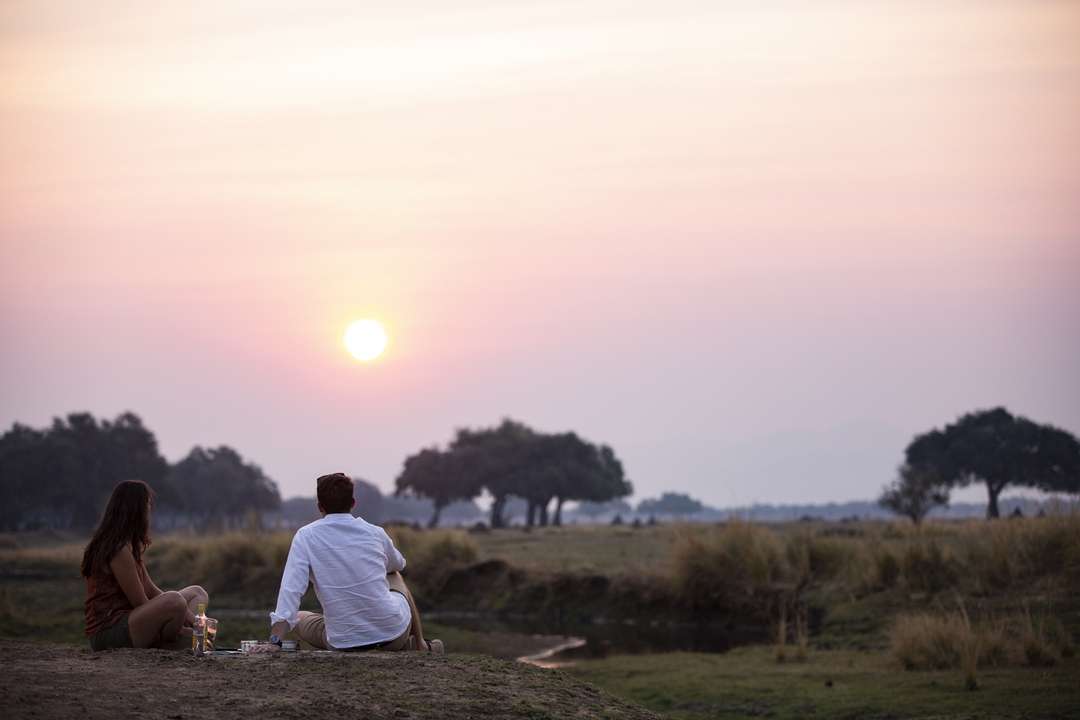
What is your Favourite Time of Year Here?
(Gadreck) In winter the temperatures are very comfortable. The bush is green and thick in early winter as we are coming out of our rainy season. Initially, there is quite a lot of water inland so the animals are more spread out, but as the bush and water sources dry, game viewing only gets better.
(Kerry) Winter is a personal is favourite of mine. Early morning coffees are often had by the fire as you watch herds of elephant roam the floodplain, or wild dogs going home after a night on the hunt. There is an increase in wildlife along the banks of the river as water sources run dry inland. Animals such as eland and waterbuck emerge from the thickets, indicating that a change of season is in the air. The days are warm, offering a reprieve from the colder nights. As the sun sets earlier, one gains time to view the millions of stars scattered across the night sky.
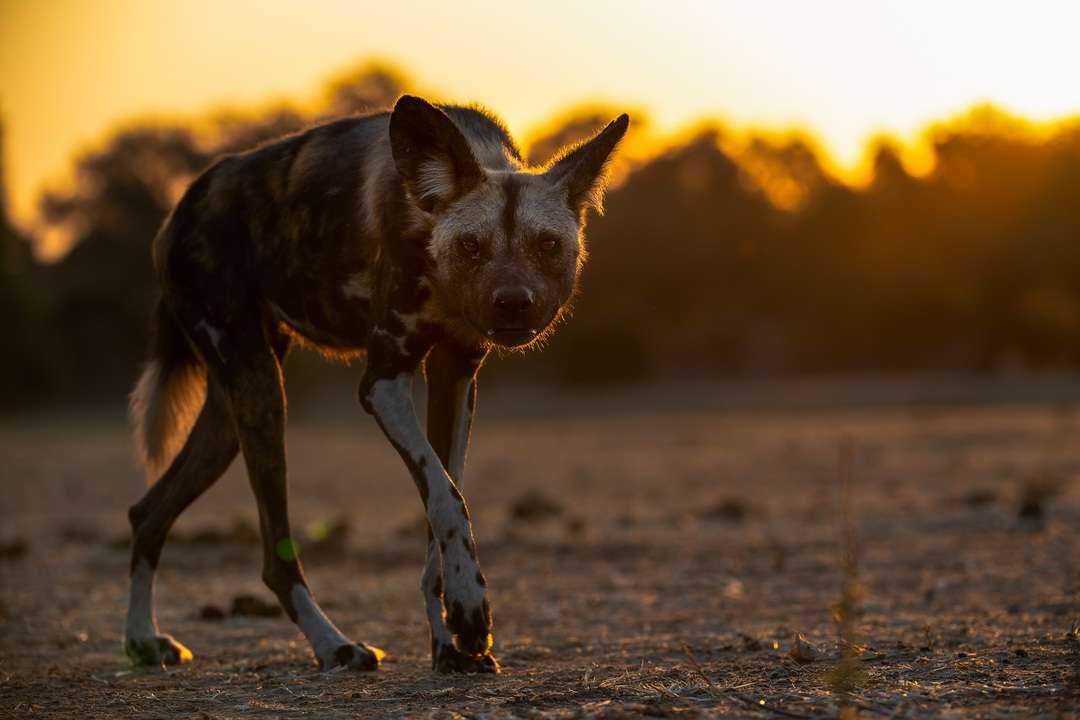
What Kind of Community and Conservation Work is Chikwenya Doing in the Area?
(Gadreck) Wilderness Safaris works closely with ZimParks in the area and with Painted Dog Conservation, assisting where needed. We are also dedicated to helping anti-poaching projects in the area, providing fuel, food rations to rangers, and transport.
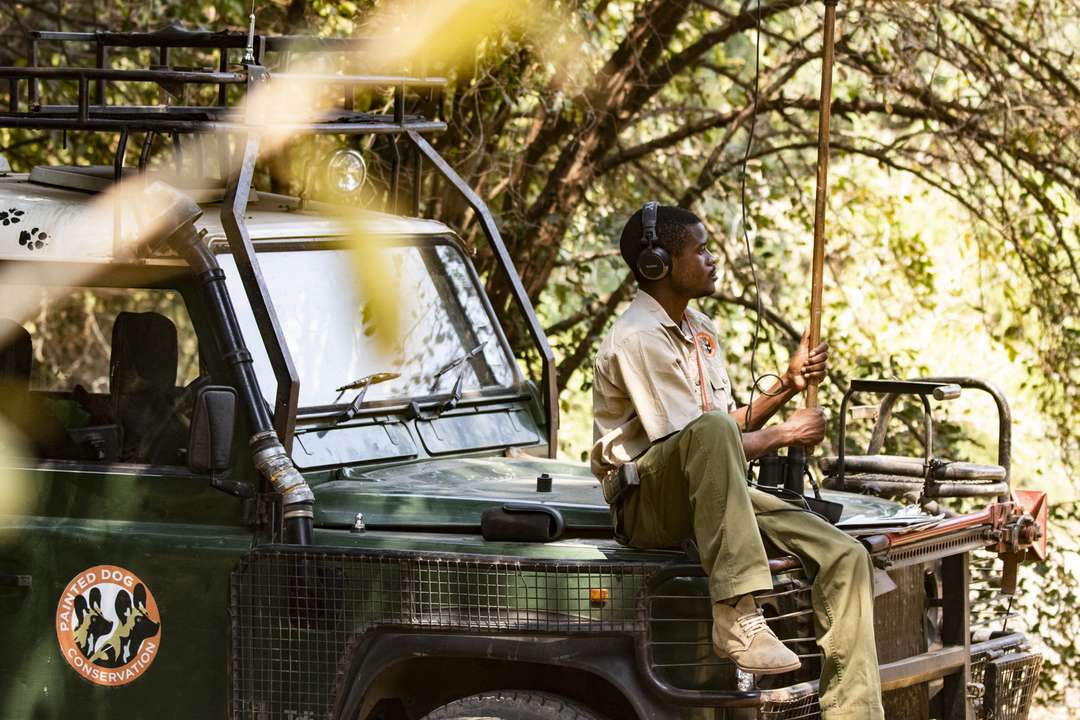
What Items are Essential For Guests to Bring While on Safari Here?
(Kerry) A pair of binoculars is a must. At any time of the day a flitting bird, grazing antelope or roaming predator can be spotted.
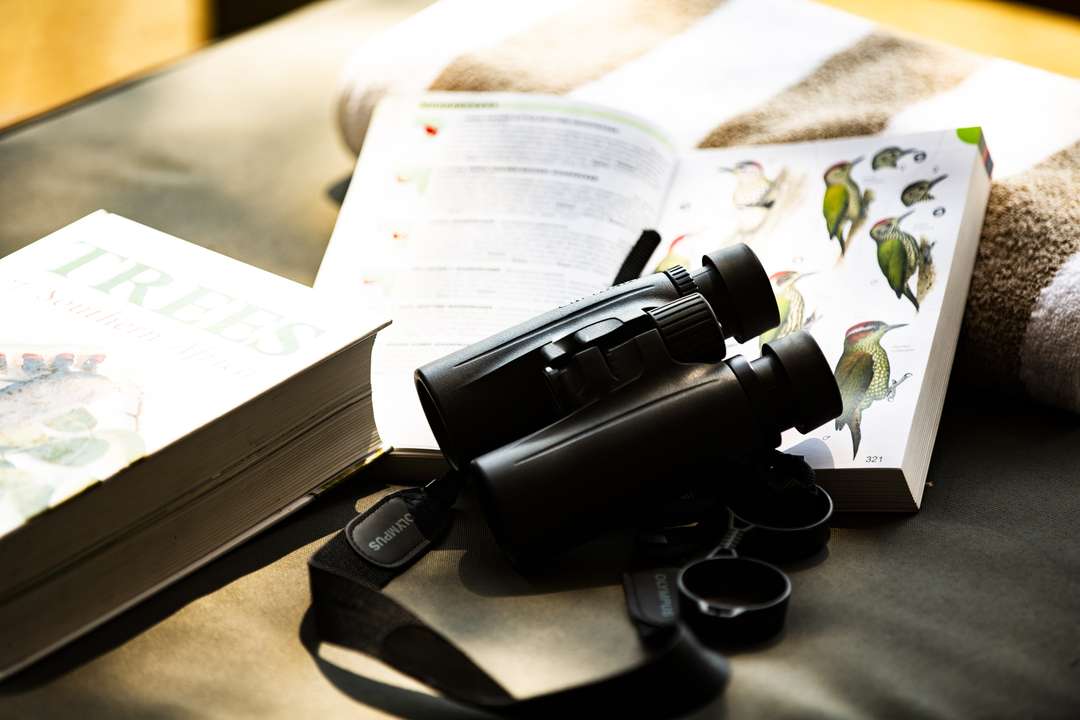
(Graham) Binoculars. Cameras are nice, but memories are made in the mind.
What Are Your Favourite Areas to Visit Around Chikwenya?
(Gadreck) There is a place we call Acacia Point. It is really beautiful, it is in the open with albida forests and is good for game viewing. Ilala is another beautiful place, with mountains across the river, and surrounded by Natal mahogany trees. This is a great spot for sundowners.
(Graham) It’s quite linear as the camp is based along the river – so anywhere along the riverbank is stunning, be it on a boat or in a vehicle. A walk inland where there are dry riverbeds is also a must.
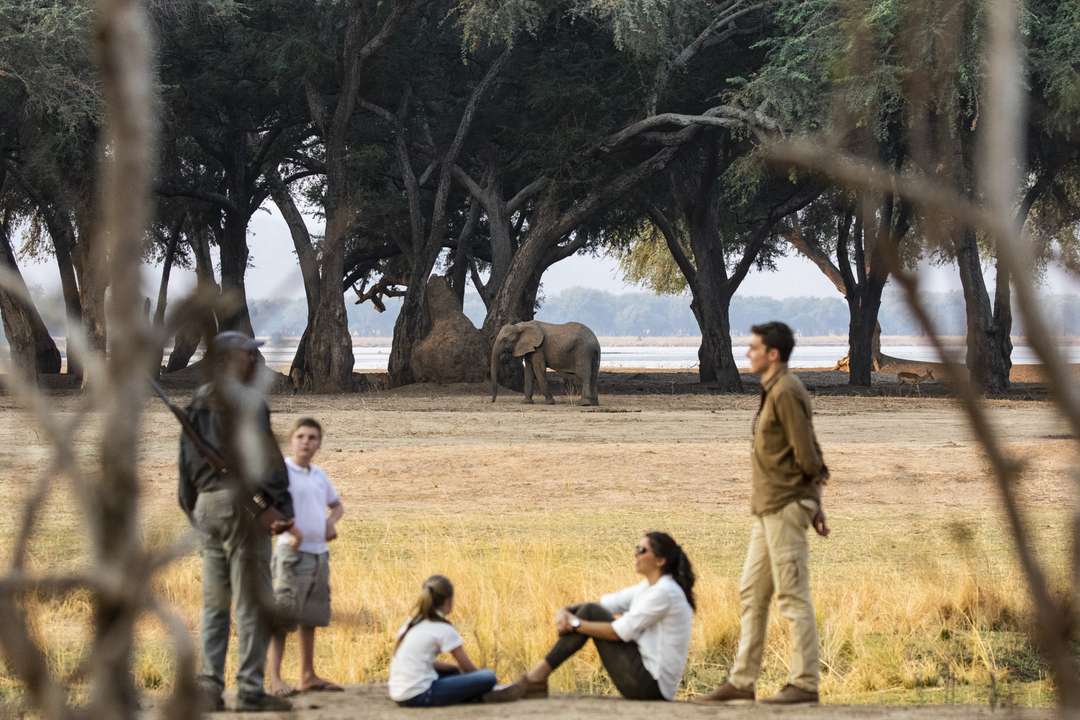
(Kerry) A favourite area of mine is along a channel that runs from the Zambezi. If you position yourself just right you can watch the sun set at the opening of the channel, casting the most magnificent colours along the water flowing just a few metres in front of you. Bee-eaters join you as they dive and glide overhead to take advantage of the last rays.
Please Talk About the Décor/Design at Chikwenya, in the Rooms as Well as the Common Areas.
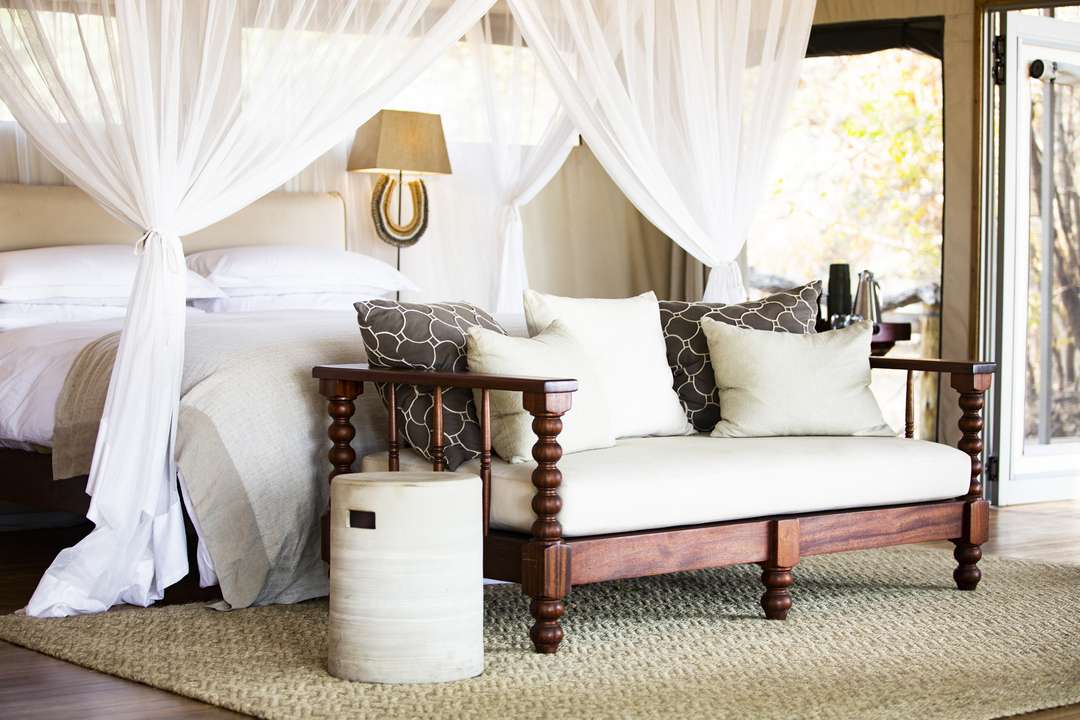
(Kerry) The rooms at Chikwenya boast both simplicity and elegance. They are spacious and inviting. Guests can enjoy an outdoor shower with a view or lounge in a hot bubble bath watching the sun set or rise. Each room has an outdoor seating area where guests can immerse themselves in the sounds of the bush.
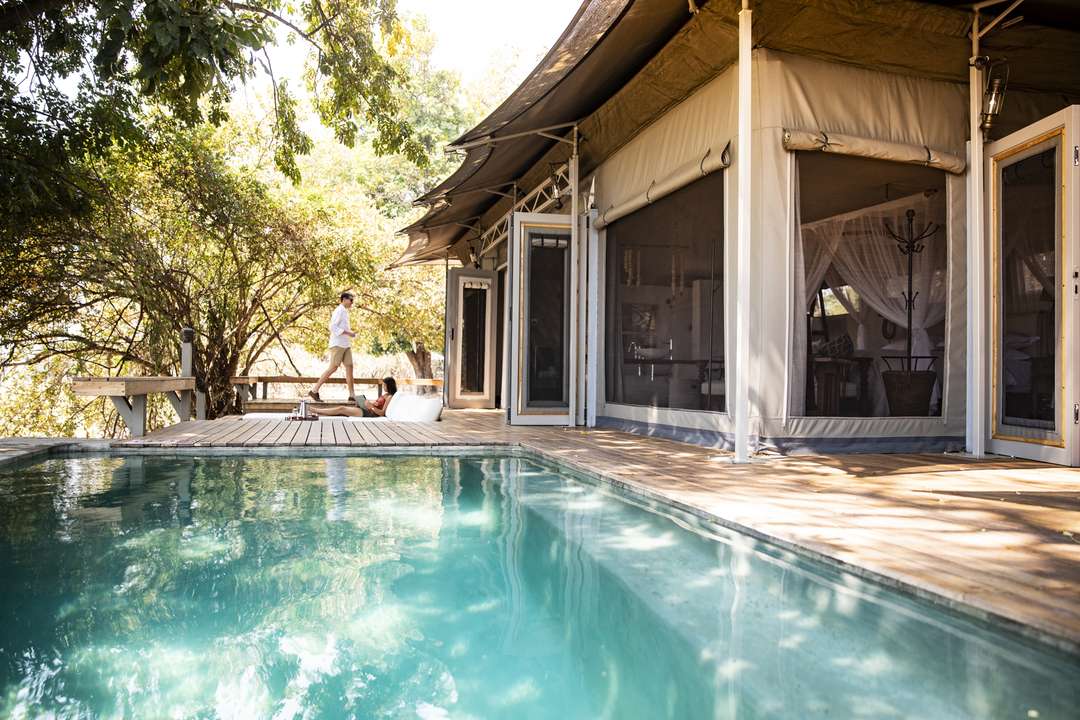
What is The Dining Experience at Chikwenya, And Some Highlights on The Menu?
(Kerry) Most meals can be enjoyed under the trees looking onto the floodplain, or under a blanket of stars at night. A highlight for me is Traditional Braai Night, when guests can sample local cuisine cooked over hot coals right by their table.
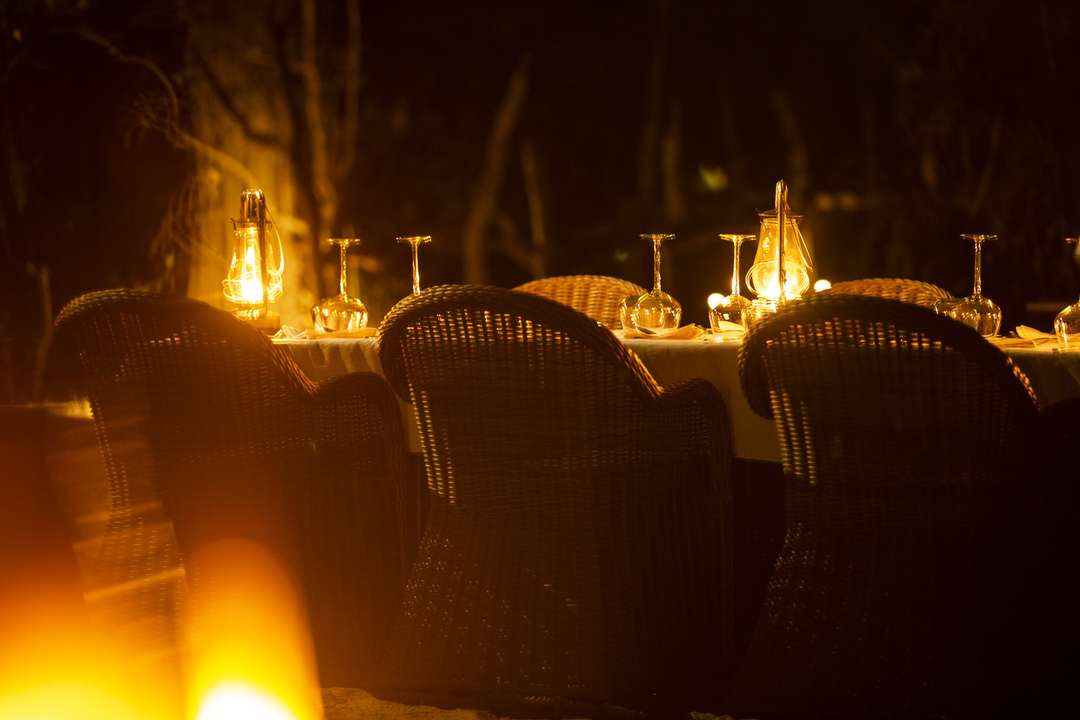
(Gadreck) I believe the service at Chikwenya is amazing, and the setup of the tables gives each group of guests privacy, especially now during COVID-19 times. The highlight on the menu for me would be the Chocolate and Amarula Cake that is often made for afternoon tea. Chikwenya also offers bush brunches and dinner in camp under the stars.
What Makes You Most Proud Of Chikwenya, And Working Here?
(Kerry) Chikwenya to me feels like home. The camp is elegant and unique. The staff are friendly and willing to go above and beyond to change people’s lives. Once you visit Chikwenya you will want to come back. Everyone wants to come back to where they feel cared for and at one with nature.
(Graham) Having an area that was previously dedicated to hunting but now to conservation makes me proudest.
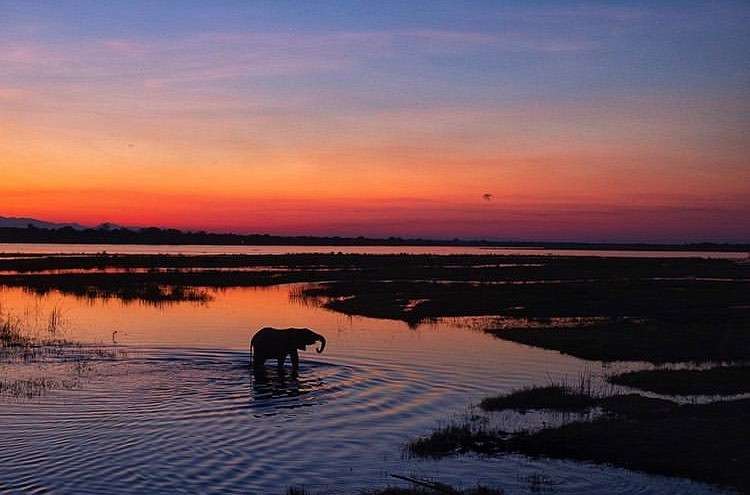
(Gadreck) Beautiful location and scenery, and very rich in wildlife.
Who comprise the Chikwenya staff? Please tell us a bit about their backgrounds, training, service, relationships with guests, etc.
(Gadreck) The staff at Chikwenya come from many different parts around Zimbabwe. We mainly have two tribes working here: a few of the staff come from Mola, a Tonga-speaking tribe. Then we also have staff that are from the Shona tribe. All staff with Wilderness Safaris can advance their training in various departments with a programme called Lobster Ink. The service and standards at Chikwenya are impeccable; it is very easy to see that staff are very proud of what they do. Staff get to interact with guests, and share dreams with them too. They enjoy listening to stories from guests about different parts of the world.
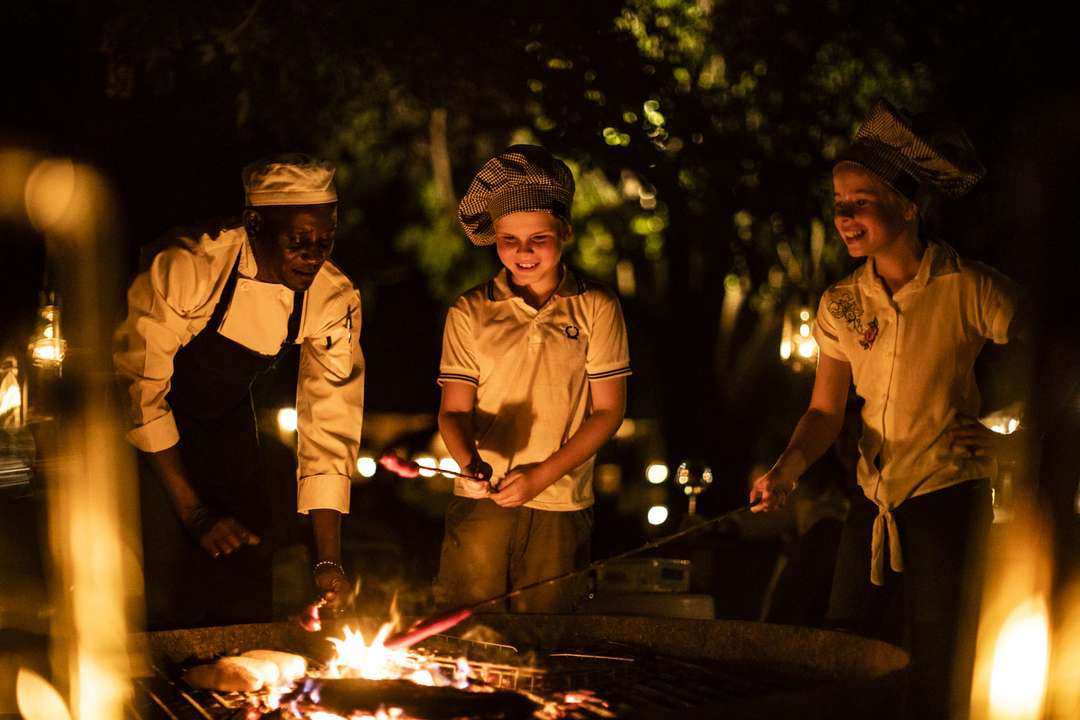
(Kerry) Chikwenya staff comprise of a mixture of tribe, age, and background. This diversity among the staff adds to the uniqueness that is Chikwenya. The staff are willing to share stories of their hometowns and heritage. In-house training is done regularly, as well as through programmes such as Lobster Ink.
What Feelings/Impressions Would You Most Like Guests to Take Away With Them?
(Kerry) I would love guests to return and bring their families and friends to share in the joy and life-changing experience they had. There is no greater fulfillment for me than to see a guest leave, having had their hearts melted and lives enriched – by not only the bush experience, but also by the people who make Chikwenya a home away from home.
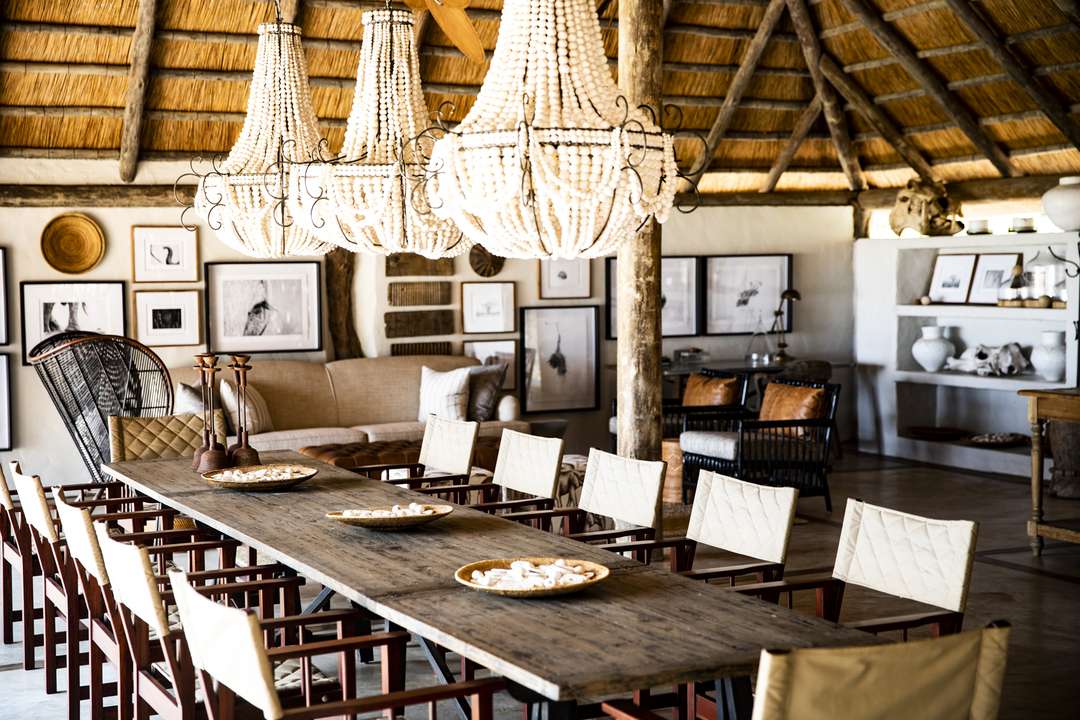
(Gadreck) To feel that coming to Chikwenya and being guided by me has changed their lives, and that if they were first time travelers to Zimbabwe, they will definitely return.
(Graham) I hope that guests feel that they have found themselves here, that they have remembered childhood innocence and less stressful days. Chikwenya does that to you – it washes off accumulated frustrations and stresses. I’m not sure of the exact recipe for the tonic, but it’s the sights, sounds, animals, birds, smiles. It’s a total experience that soaks into you if you let it.
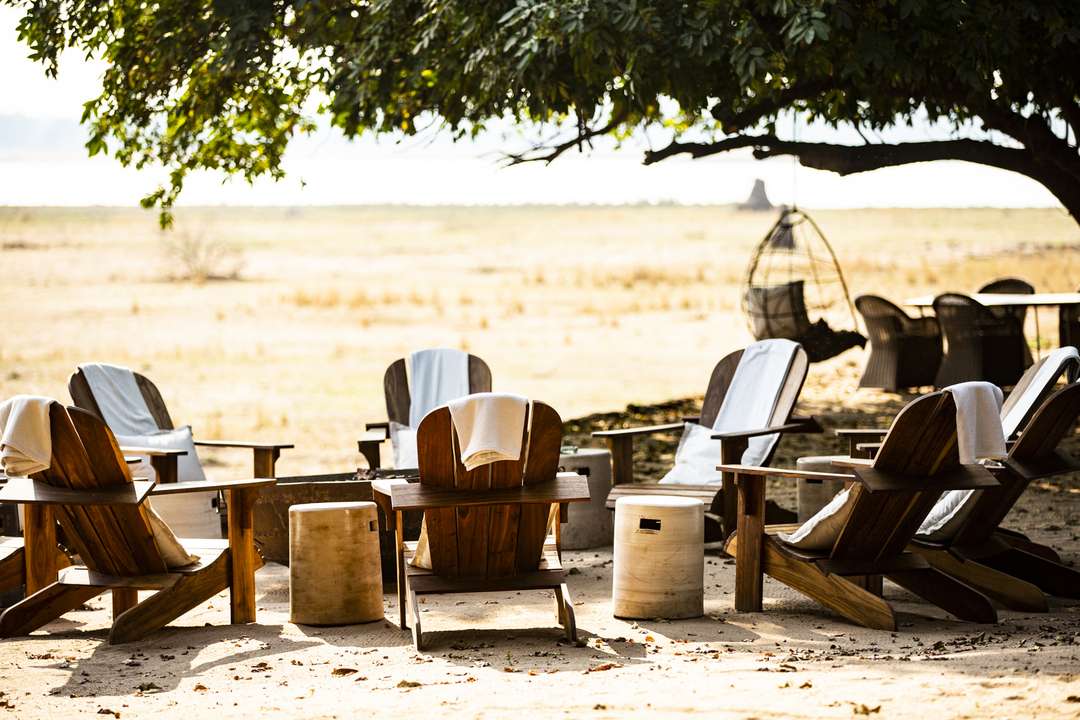
Written by Melissa Siebert


